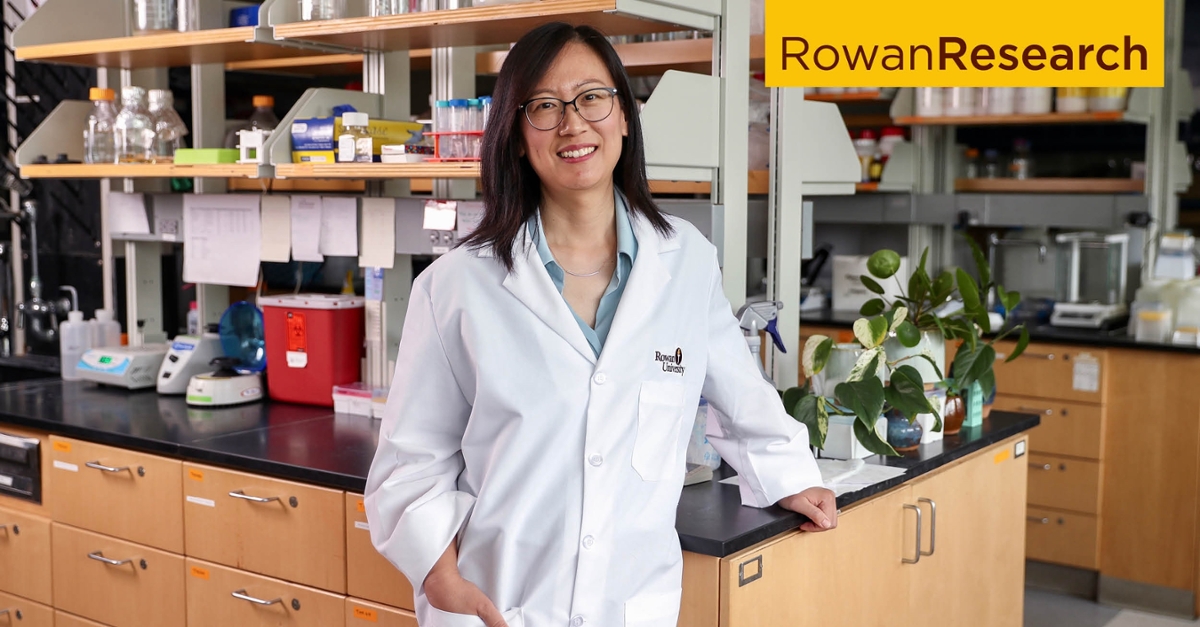‘Flipped switch’ offers clues for improved cancer therapies
‘Flipped switch’ offers clues for improved cancer therapies

Zhihong Wang, Ph.D.
Biochemist
Areas of expertise:RAF kinase enzymes and potential new cancer drugs
More informationZhihong Wang, Ph.D., is passionate in her pursuit to understand protein kinases, a type of protein responsible for transmitting external signals into the body’s cells and one of the most frequently mutated enzymes in human cancers.
“We are interested in one specific kinase family called the RAF kinase,” said Wang, a professor of chemistry and biochemistry in the College of Science & Mathematics. “One of the reasons we study these is because they are highly mutated in human cancers, specifically melanoma and colorectal cancers.”
Wang’s research focuses on how these proteins are regulated and behave in both healthy and cancerous cells. With that understanding, scientists can compare normal cell functions to cancerous cells where growth is uncontrolled to identify the Achilles’ heel of cancer.
With support from a four-year, $1 million grant from the National Institute of General Medical Sciences, Wang studies factors such as cancerous mutations that influence the kinase enzyme in the cell. These mutations essentially flip a switch, so instead of ending the cell’s normal life cycle, the enzyme maintains a constant “on” status where the cell never stops signaling and replicating. When that happens, the abnormal cell develops into a cancerous mass or tumor.
“The ultimate goal, based on understanding this protein, is to develop more potent drugs to treat cancer,” Wang said. “This starting point, these mutations, are the origin of tumorigenesis. The cancer develops and more mutations are going to happen, and they hijack more of the pathways inside of tumor cells.”
While there are many ways that cells can mutate, Wang said, this particular mutation of the RAF kinase protein family could offer clues to improved drugs for certain cancer types.
“We are trying to develop better therapy for those with late-stage cancer,” Wang said, “by synergizing the talents from my laboratory and my collaborators, we are working toward novel drug targets to achieve a much better outcome.”
Rowan University researchers are passionate about what they do. Find more at Meet Our Researchers.